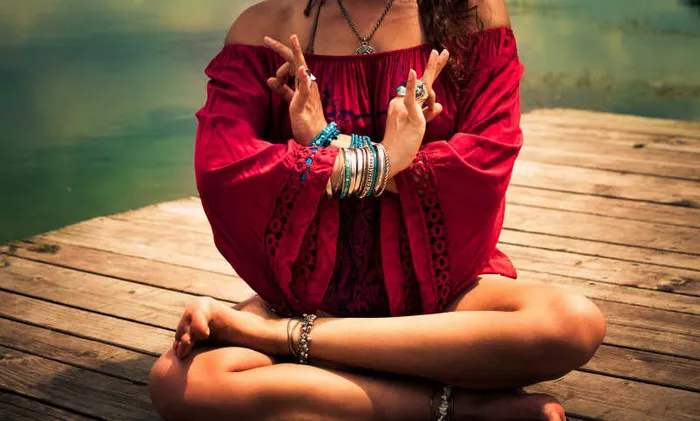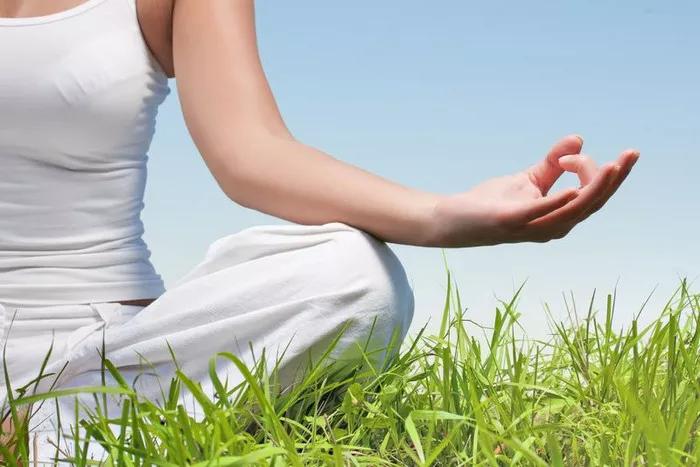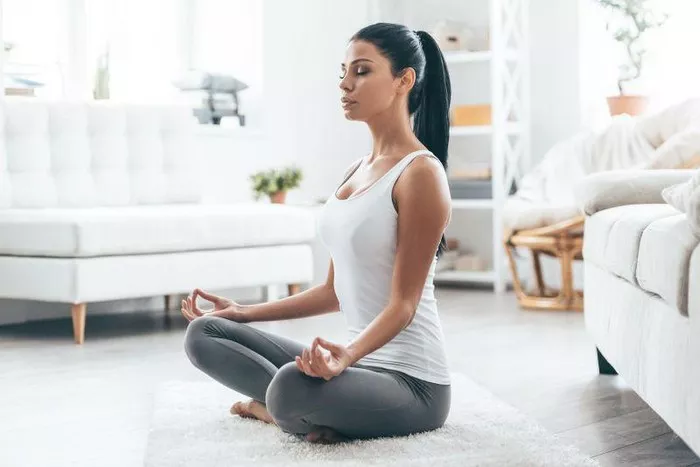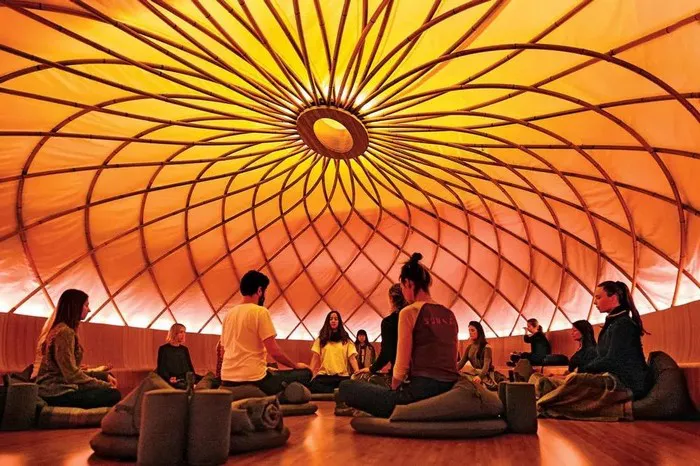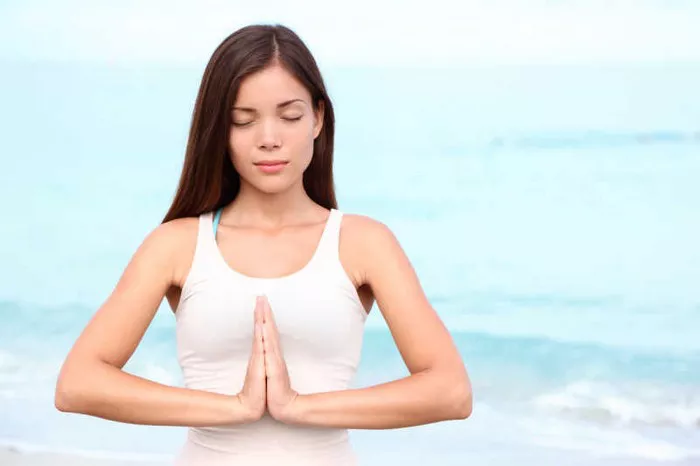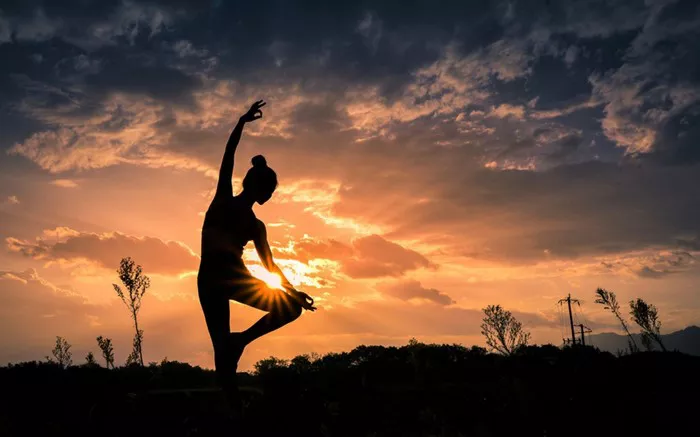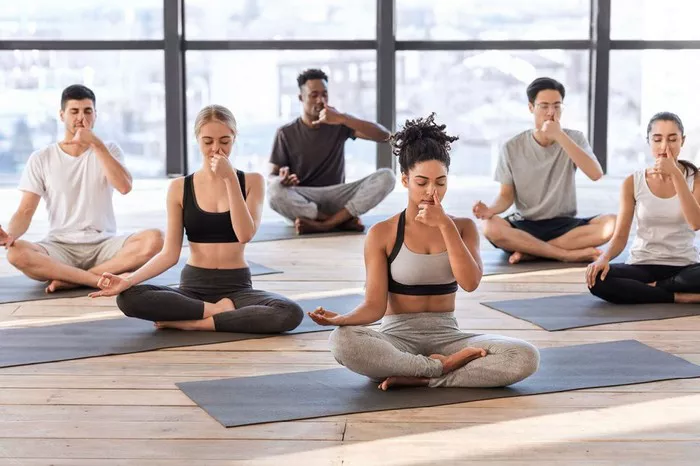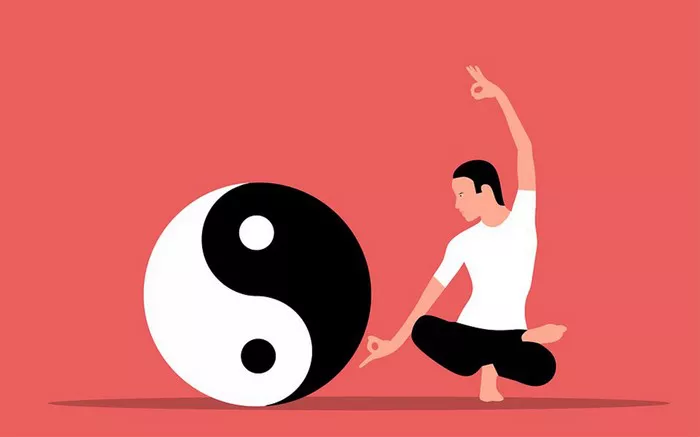Kundalini Yoga meditation is a powerful spiritual practice that combines dynamic breathing techniques, specific postures, and focused meditation to awaken the dormant energy within each individual. Often referred to as the “Yoga of Awareness,” Kundalini Yoga offers transformative benefits for mental, physical, and spiritual health. This article will delve into the principles, practices, and profound effects of Kundalini Yoga meditation, guiding you through its complexities and illuminating its potential to enhance your life.
Understanding Kundalini Yoga
The Concept of Kundalini
Kundalini, derived from the Sanskrit word for “coiled,” represents a latent energy believed to reside at the base of the spine in the sacral chakra. This energy is often symbolized as a serpent coiled three and a half times around the base of the spine. When awakened, Kundalini energy rises through the chakras, leading to higher states of consciousness and spiritual enlightenment.
Historical Context
Kundalini Yoga has ancient roots, with origins tracing back to the Vedic texts and later developments in various yogic traditions. Its teachings were traditionally kept secret, passed down through generations of enlightened masters. In the 20th century, Yogi Bhajan introduced Kundalini Yoga to the West, making it accessible to a broader audience and emphasizing its benefits for modern practitioners.
The Structure of Kundalini Yoga Meditation
Key Components
Kundalini Yoga meditation is characterized by its distinct components, which work synergistically to facilitate spiritual awakening:
Asanas (Postures): Specific physical postures that prepare the body for meditation and help awaken Kundalini energy.
Pranayama (Breath Control): Breathing techniques designed to control the flow of prana (life force) and enhance energy circulation.
Mantras: Sacred sounds or phrases that help focus the mind and elevate consciousness during meditation.
Mudras: Hand gestures that channel energy and promote a sense of calm and connection.
Meditation Techniques: Various forms of meditation tailored to activate and harmonize the energy within.
See also: Power Yoga Meditation: Energizing the Mind and Body
The Kundalini Yoga Experience
A typical Kundalini Yoga session combines these elements in a structured format:
Tuning In: Each class begins with the Adi Mantra, “Ong Namo Guru Dev Namo,” to connect with the teacher within and acknowledge the lineage of Kundalini Yoga.
Warm-Up: Gentle stretching and warm-up exercises prepare the body for more intense movements.
Kriya: A specific set of postures, breathwork, and meditative practices aimed at achieving a particular goal, such as enhancing creativity or reducing anxiety.
Meditation: Focused meditation practices that promote awareness, clarity, and inner peace.
Relaxation: A period of deep relaxation, often accompanied by soothing music or guided visualization, to integrate the practice.
Closing: The session concludes with a chant or a moment of reflection, allowing practitioners to express gratitude and intention.
The Benefits of Kundalini Yoga Meditation
Physical Benefits
Increased Flexibility and Strength: The physical postures enhance flexibility, strength, and overall physical health.
Improved Respiratory Function: Pranayama techniques promote better lung capacity and respiratory efficiency.
Boosted Immune System: Regular practice can enhance immune function, making practitioners more resilient to illness.
Pain Relief: Kundalini Yoga can alleviate chronic pain and tension in the body through mindful movement and breathwork.
Mental Benefits
Enhanced Focus and Concentration: Meditation improves mental clarity and cognitive function, making it easier to concentrate on tasks.
Reduced Anxiety and Stress: The practice promotes relaxation and reduces stress levels, contributing to overall emotional well-being.
Emotional Stability: Kundalini Yoga fosters emotional resilience, helping practitioners navigate life’s challenges with grace and ease.
Spiritual Benefits
Increased Self-Awareness: Kundalini Yoga meditation encourages self-exploration and deeper awareness of one’s thoughts, feelings, and behaviors.
Spiritual Awakening: The practice can lead to profound spiritual experiences and insights, helping individuals connect with their true selves.
Alignment with Higher Consciousness: As Kundalini energy rises, practitioners often experience heightened states of consciousness, leading to a sense of unity with the universe.
Techniques in Kundalini Yoga Meditation
1. Breath of Fire (Kapalabhati)
Purpose
Breath of Fire is a powerful pranayama technique that energizes the body and mind, promoting detoxification and increasing focus.
How to Practice
Position: Sit comfortably with a straight spine.
Inhale: Take a deep breath in.
Exhale: Forcefully exhale through the nose while contracting the abdominal muscles.
Inhale Again: Allow the inhalation to occur naturally.
Repeat: Continue for 30-60 seconds, maintaining a rhythmic pace.
2. Kirtan Kriya
Purpose
Kirtan Kriya is a meditative practice that combines mantra chanting with visualization, promoting emotional healing and mental clarity.
How to Practice
Posture: Sit comfortably with your spine straight.
Mantra: Chant “Sa Ta Na Ma” while visualizing the corresponding cycle of life.
Finger Gesture: Use your fingers to represent each syllable: thumb for “Sa,” index for “Ta,” middle for “Na,” and ring for “Ma.”
Duration: Practice for 11-31 minutes, gradually increasing the duration as you become more comfortable.
3. Sat Kriya
Purpose
Sat Kriya is a dynamic practice that strengthens the core and promotes energy flow through the chakras.
How to Practice
Posture: Kneel with your hips on your heels, sitting upright.
Hand Position: Interlace your fingers, leaving the index fingers extended.
Chanting: Inhale deeply, and as you exhale, chant “Sat” while pulling your navel in, then inhale and chant “Nam” while relaxing.
Duration: Continue for 3-11 minutes, focusing on the rhythmic flow of breath and sound.
4. Meditation on the Third Eye
Purpose
This meditation enhances intuition and self-awareness by focusing on the third eye chakra (Ajna).
How to Practice
Position: Sit comfortably with your spine straight.
Focus: Gently close your eyes and bring your attention to the space between your eyebrows.
Breath: Breathe deeply, visualizing a bright light at the third eye.
Duration: Practice for 10-20 minutes, allowing thoughts to come and go without attachment.
Creating a Personal Practice
Setting Intentions
Before beginning your Kundalini Yoga meditation practice, it’s essential to set clear intentions. Reflect on what you wish to achieve through your practice, whether it’s stress relief, spiritual growth, or emotional healing. Write down your intentions to help focus your energy.
Designing Your Practice Space
Creating a dedicated space for your practice enhances your experience. Choose a quiet, comfortable area where you can meditate without distractions. Incorporate elements that resonate with you, such as candles, crystals, or inspiring images.
Building a Routine
Establishing a regular routine is key to experiencing the full benefits of Kundalini Yoga meditation. Aim to practice at the same time each day, gradually increasing the duration of your sessions as you become more comfortable.
Challenges in Kundalini Yoga Meditation
Resistance to Change
Many practitioners may encounter resistance when trying to embrace Kundalini Yoga. Acknowledge these feelings and approach them with compassion. Recognize that transformation takes time and patience.
Physical Discomfort
As you begin your practice, you may experience physical discomfort or fatigue. Listen to your body and modify postures as needed. Remember that it’s essential to find a balance between challenge and ease.
Emotional Release
Kundalini Yoga can evoke strong emotions as energy is released. Allow yourself to feel and process these emotions without judgment. This emotional release is a natural part of the healing process.
Advanced Practices
The Role of a Teacher
While many individuals can benefit from self-guided practices, seeking guidance from a qualified Kundalini Yoga teacher can enhance your experience. Teachers provide valuable insights, personalized adjustments, and support on your journey.
Group Classes
Participating in group classes fosters community and motivation. The collective energy in a group setting can amplify the benefits of your practice, making it a powerful experience.
Retreats and Workshops
Consider attending retreats or workshops to deepen your understanding of Kundalini Yoga meditation. These immersive experiences allow for focused practice and connection with like-minded individuals.
Conclusion
Kundalini Yoga meditation is a transformative practice that unlocks the potential within each individual. Through the integration of asanas, breath control, and meditation techniques, practitioners can experience profound physical, mental, and spiritual benefits. By committing to a regular practice and embracing the journey, you can awaken the dormant energy within, leading to greater self-awareness, emotional resilience, and spiritual enlightenment. Embrace the power of Kundalini Yoga meditation, and let it guide you toward a more vibrant and fulfilling life.
You Might Be Interested In
Chakra Meditation in Yoga: Unlocking Energy and Well-Being

